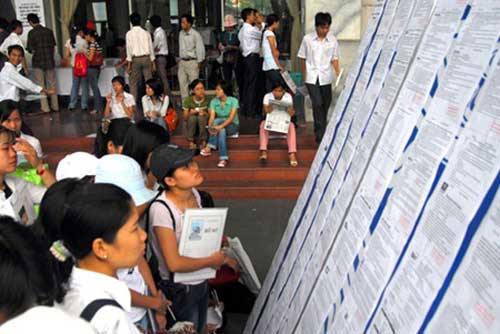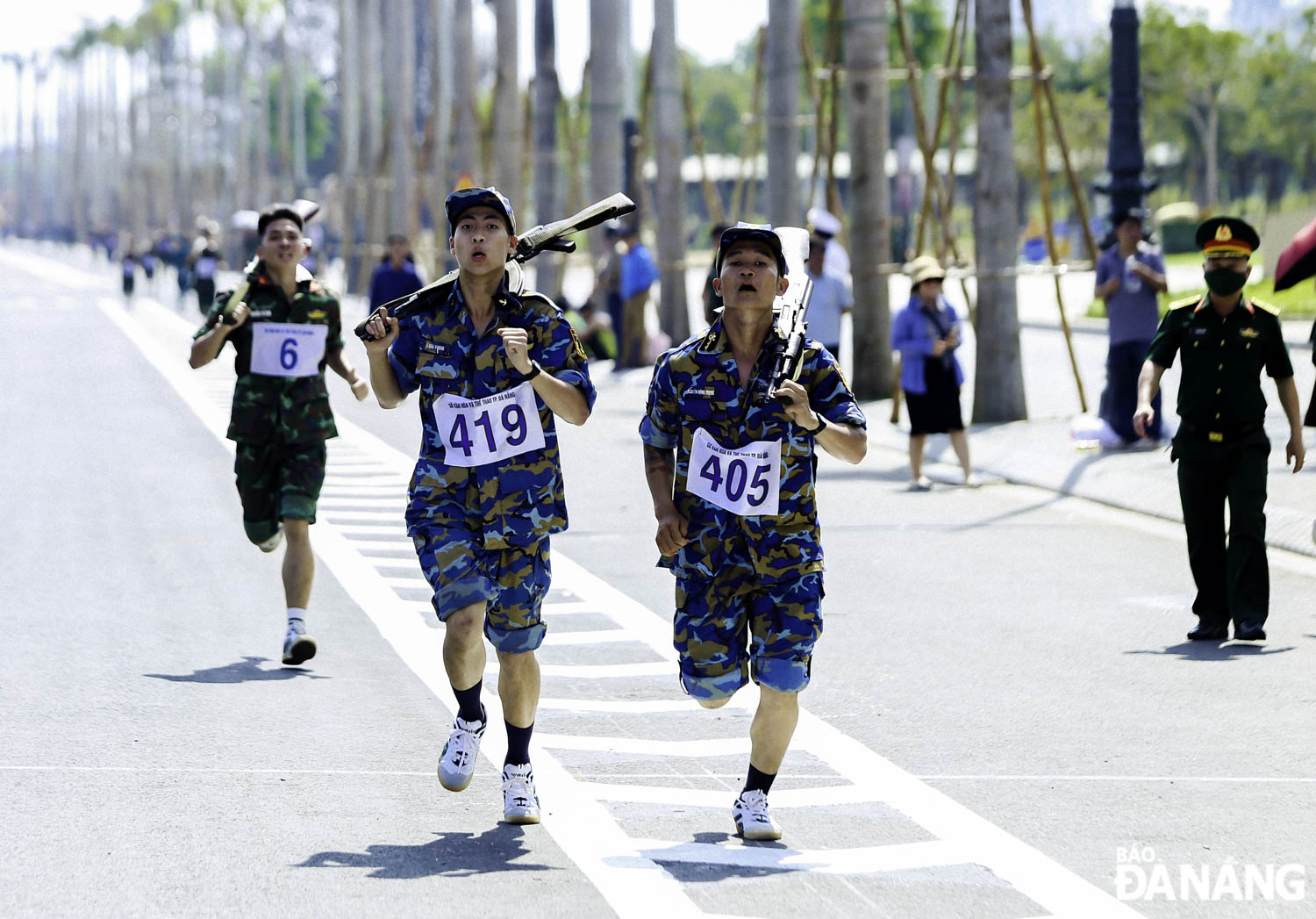Graduates battle tough job market
Tens of thousands of young college and university graduates in the Central Highlands are struggling to find good jobs and are having to resort to menial or low-skilled labour.
The management of universities and colleges also remained loose and there was a shortage of support policies for graduates, experts have said.
Nguyen Thi Thao, who gained a degree in teaching from the Dak Lak Pedagogy College in Dak Lak Province two years, said she worked as a waitress at a cafeteria near the March 10 Square in central Buon Ma Thuot City.
Her monthly income of VND2.5 million (US$117) helps her make ends meet while she waits for a teaching position.
"I've stayed here to wait for a better job, but it's two years since I graduated from college," she said.
Nguyen Thi Kim Hong, who graduated in veterinary science at the Central Highlands University, has repeatedly applied for jobs in her field of expertise, but has been unsuccessful.
She now works at a local fashion shop.
"I thought what I studied would be useful in the Central Highlands. If I can't find a job in my area, all of my efforts and my parents' money has gone to waste," Hong said.
 |
| Graduates attend a job market in Ha Noi. Tens of thousands of graduates in the Central Highlands are struggling to find good jobs and have to resort to menial or low-skilled labour. |
University and college graduates in Buon Ma Thuot, Pleiku and Da Lat are in the same situation.
K'Duong, a K'ho ethnic graduate from HCM City's University of Pedagogy, returned to his hometown in Gung Re Commune, Lam Dong Province to work in the rice fields and coffee plantations after searching for a job for five years.
His brother, K'Gui, is also struggling to find a job after graduating with honours from HCM City's University of Architecture three years ago.
"Seeing me still unemployed after years of studying, some of my cousins have decided to drop out of school as they're afraid they will not be able to find jobs," K'Duong said.
Currently, there are roughly 15,000 unemployed university and college graduates in the Central Highlands.
Lu Dinh Duong, deputy head of Gia Lai Province's Department of Education and Training's Professional Education Office, said the reason was that entrance procedures were too easy.
Duong said some schools had their own enrollment procedures and ignored regulations to ensure they enrolled enough students, regardless of whether they were qualified or not.
The opening of new courses had also contributed to the problem, he added.
He cited Da Lat and the Central Highlands universities as examples. There were 85 different courses available at the two schools, but in recent years, the schools have opened five new courses.
Nguyen Trong Hoa, rector of the Dak Lak Pedagogy College, said each year, about 800 students graduated from the school.
He said the school had worked with the provincial department to find jobs for graduates with employers who were in need.
Hoa said about 40 per cent of students met employer requirements on average. However, he did not know how many had found professional jobs.
Phan Hong, director of the provincial Department of Education and Training, said that too many courses and loose management of enrollment regulations had led to low-quality graduates and an increase in unemployment in the region.
According to experts, tighter control of student enrollment and new courses was necessary, and institutions that failed to perform should be closed.
Schools must also work with local career centres and enterprises to help graduates find jobs in their fields of study, they said.




